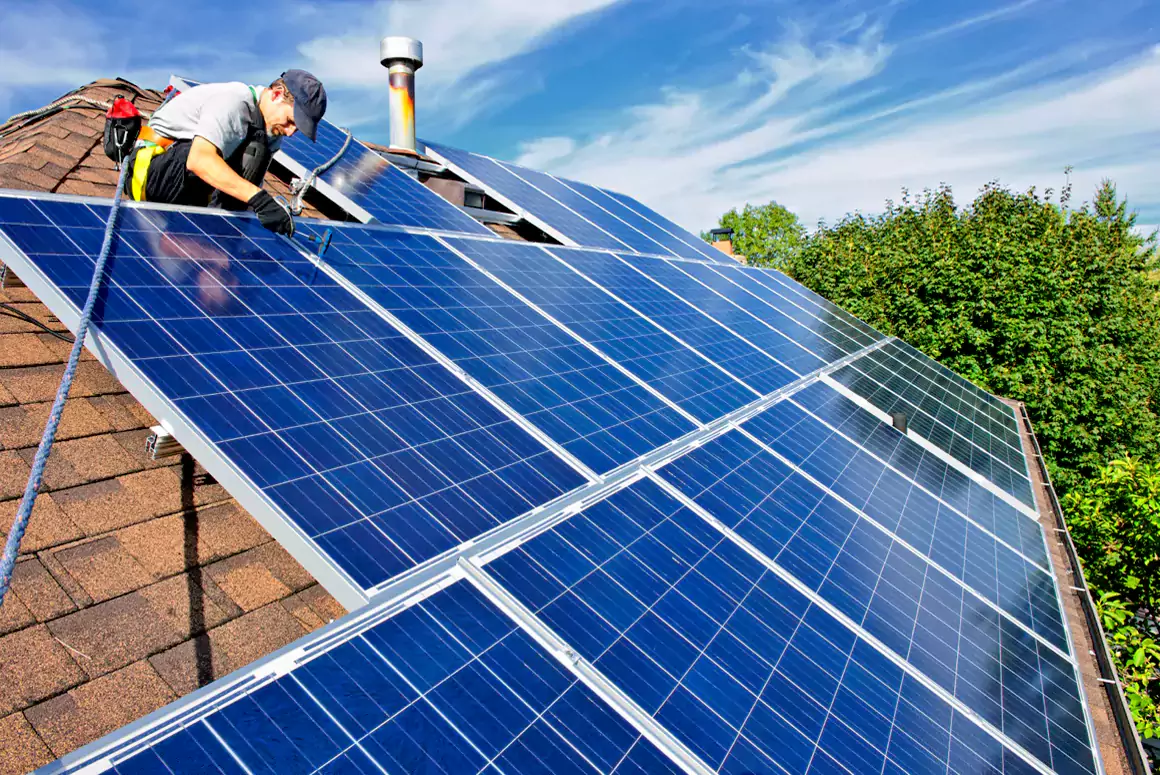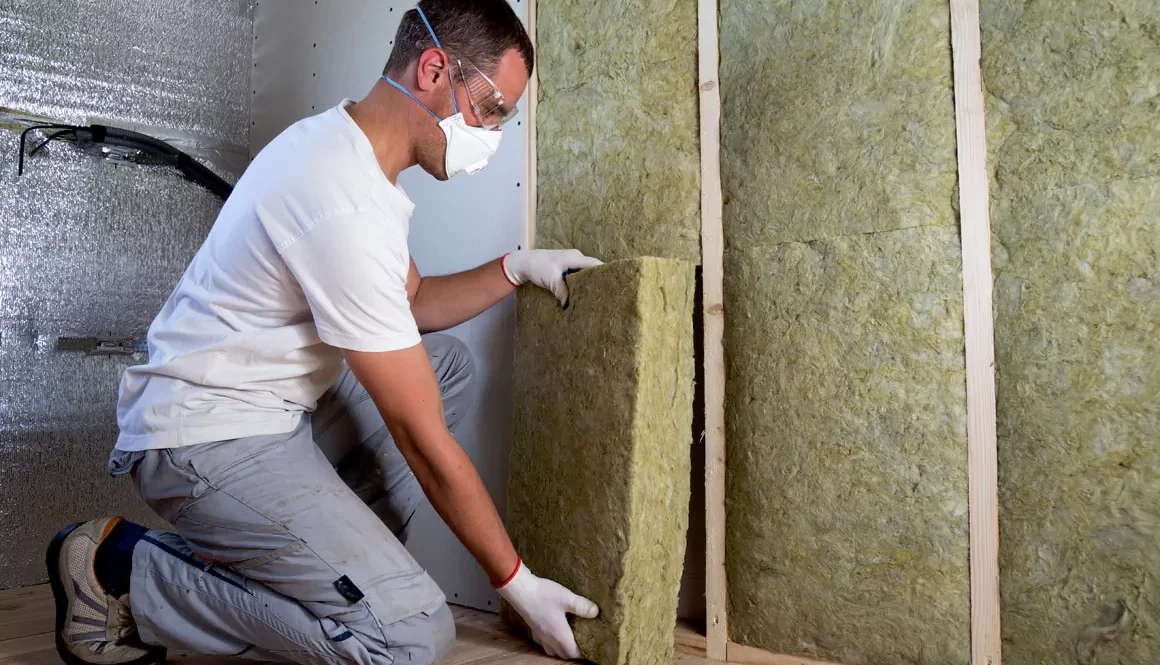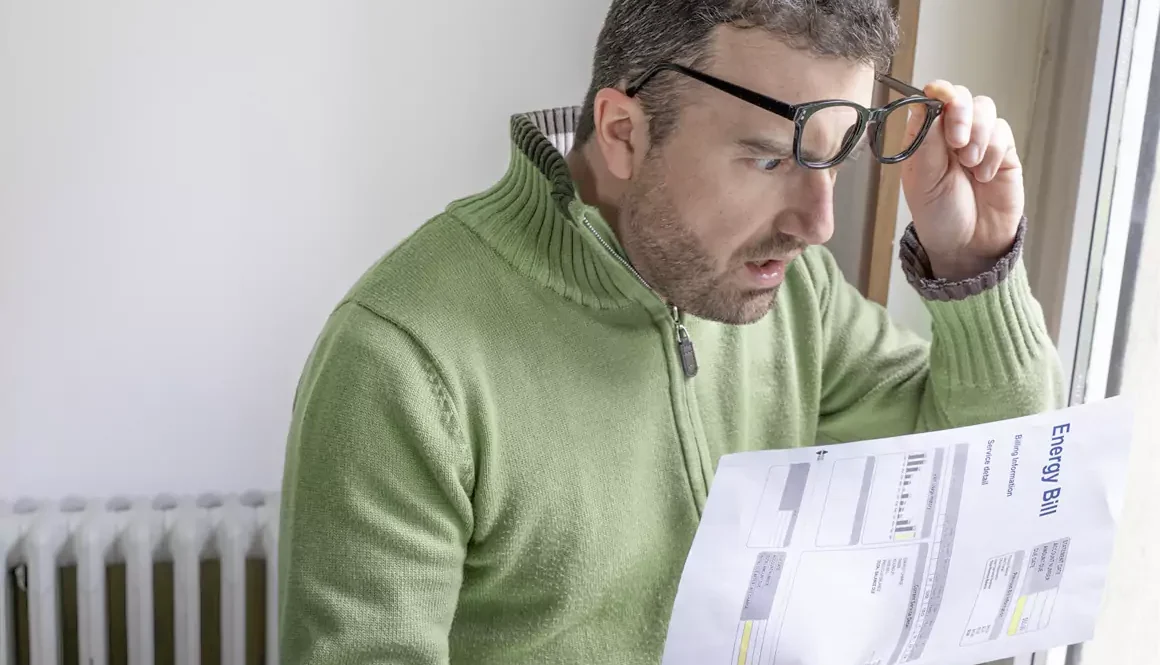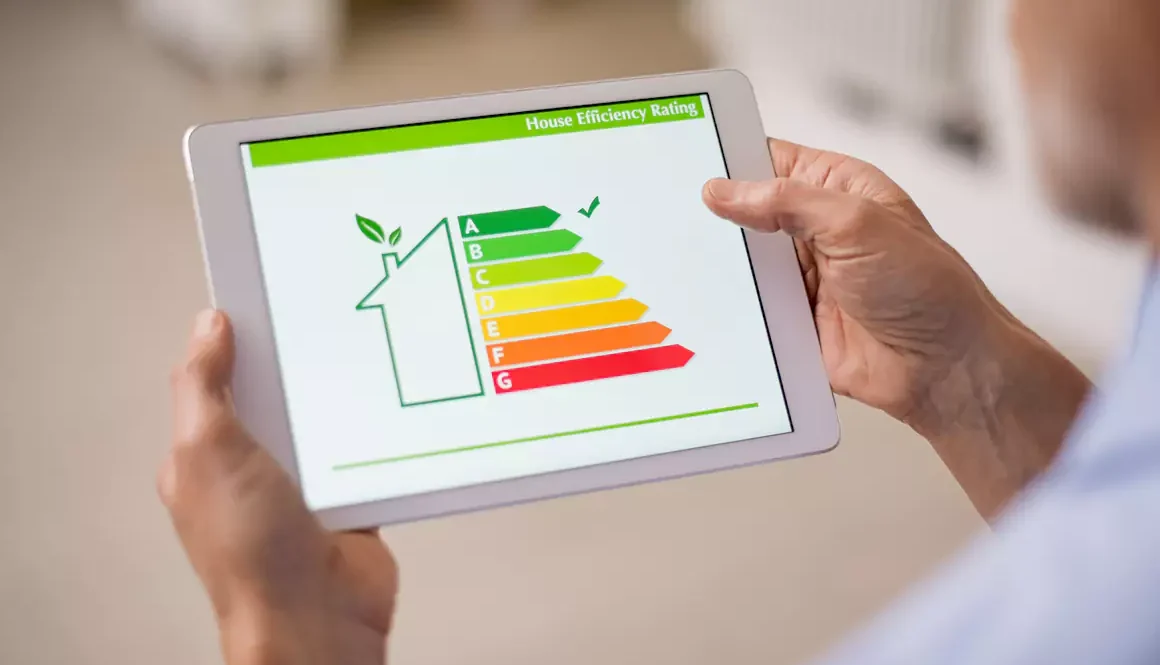There are currently numerous Government backed schemes available which provide funding for people to make their homes more energy efficient. Energy Saving Grants can help people access this funding.
They have helped thousands of people throughout Wales obtain grants for energy saving measures such as Loft insulation, Wall insulation, Solar panels and replacement heating systems to be installed.
The Government funding schemes are designed to reduce carbon emissions and tackle fuel poverty throughout the UK.
According to the Welsh Government’s latest estimates (April 2022), up to 45% (614,000) of all households in Wales were in fuel poverty. This figure is now likely to be a lot higher due to continuously rising energy bills. A household is regarded as being in fuel poverty if they are unable to keep their home warm at a reasonable cost. This is measured as any household needing to pay more than 10% of their household income to maintain a satisfactory heating regime.
Unfortunately Wales has one of the highest fuel poverty rates in Europe. This is due to a combination of many properties in rural areas being ‘off grid’ with no access to the mains gas network; and also due to a high proportion of old housing stock with solid brick or solid stone walls, which are very inefficient at retaining heat. Although solid stone walls can be very wide, they are not as efficient as cavity walls at containing warmth inside the home.
Some of these Government grant schemes include the Energy Company Obligation, the Boiler Upgrade Scheme, the Local Authority Delivery scheme, the LA Flex scheme and the Great British Insulation Scheme.
Unfortunately these grant schemes are vastly underutilised due to widespread misconceptions. Many people mistakenly believe they’ll be ineligible for a grant because they aren’t in receipt of certain benefits.
Although some of these grant schemes require applicants to be in receipt of benefits to apply for funding, the good news is that Energy Saving Grants can help some people obtain funding even if they are not in receipt of any tax credit or benefit.
In some Council areas including Ceredigion, Powys, Carmarthenshire, Pembrokeshire, Conwy, Denbighshire, Flintshire, Gwynedd, Anglesey, Monmouthshire, Swansea and Neath Port Talbot residents can apply for an energy saving grant if they are not in receipt of any benefit.
To qualify, the property must not have mains gas central heating; and the total income of the property must be below £31,000 per year, or alternatively there must be somebody living in the property with a chronic medical condition that is made worse by living in a cold home (eg. respiratory diseases, cardiovascular conditions or limited mobility).

A representative of Energy Saving Grants explained that the amount of funding available is based on the amount of carbon dioxide that will be saved by installing a particular measure. ‘As a general rule of thumb, properties that do not have mains gas central heating receive the highest amount of funding, as these properties are generally more expensive to heat.’ Therefore properties which use Oil Boilers, LPG boilers or solid fuel (such as coal or wood) are entitled to receive the most funding as these fuels produce the most greenhouse gases and are generally the most expensive way of heating a property.
Some properties have qualified for grants of up to £60,000 to be made more energy efficient. This work has included insulating the loft and walls of the property and installing solar panels and electric central heating systems (heat pumps) along with new radiators, to provide heat and hot water. If required, then ventilation systems are also installed in kitchens and bathrooms to extract excess moisture from the property to stop condensation problems. This work has been carried out at no cost to the homeowner.
Depending on the construction of the property, either cavity wall insulation or internal wall insulation is installed to retain heat within the home. If the roof is suitable, then solar PV panels can be installed to generate free electricity for the property. If a property currently uses Oil, LPG or solid fuel as its main source of heating, then an air source heat pump may be installed to generate heat and hot water. Heat Pumps work efficiently in a property that is well insulated and which has solar panels installed, to provide the electricity to power the heat pump.
Energy Saving Grants are able to guide people through the funding application process which can often be confusing for people who have no prior experience of applying for a grant. The service is provided at no cost to the applicant.
The service is available to private homeowners and private landlords and tenants throughout Wales. Unfortunately they are unable to obtain funding for residents living in social housing, but they advise social housing residents to contact their housing association.
As is the case with most grant schemes, the amount of funding available is limited and can change at any time. For more information of the grants available, you can visit their website at: www.energysavinggrants.org or you can call them on 03302 230333 to speak to an energy advisor.
After having an initial telephone conversation with an energy advisor, the next step is for an independent retrofit surveyor to visit the property to determine which measures are suitable. This is a no obligation assessment of your property and there is no cost for this survey. If your property qualifies for a grant, then you will be informed in writing of the options available. Any funding that you receive does not have to be repaid. All work is installed by a Trustmark registered company and is supplied with a guarantee of up to 25 years (the length of warranty is dependent upon the measure being installed).





